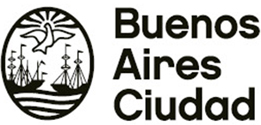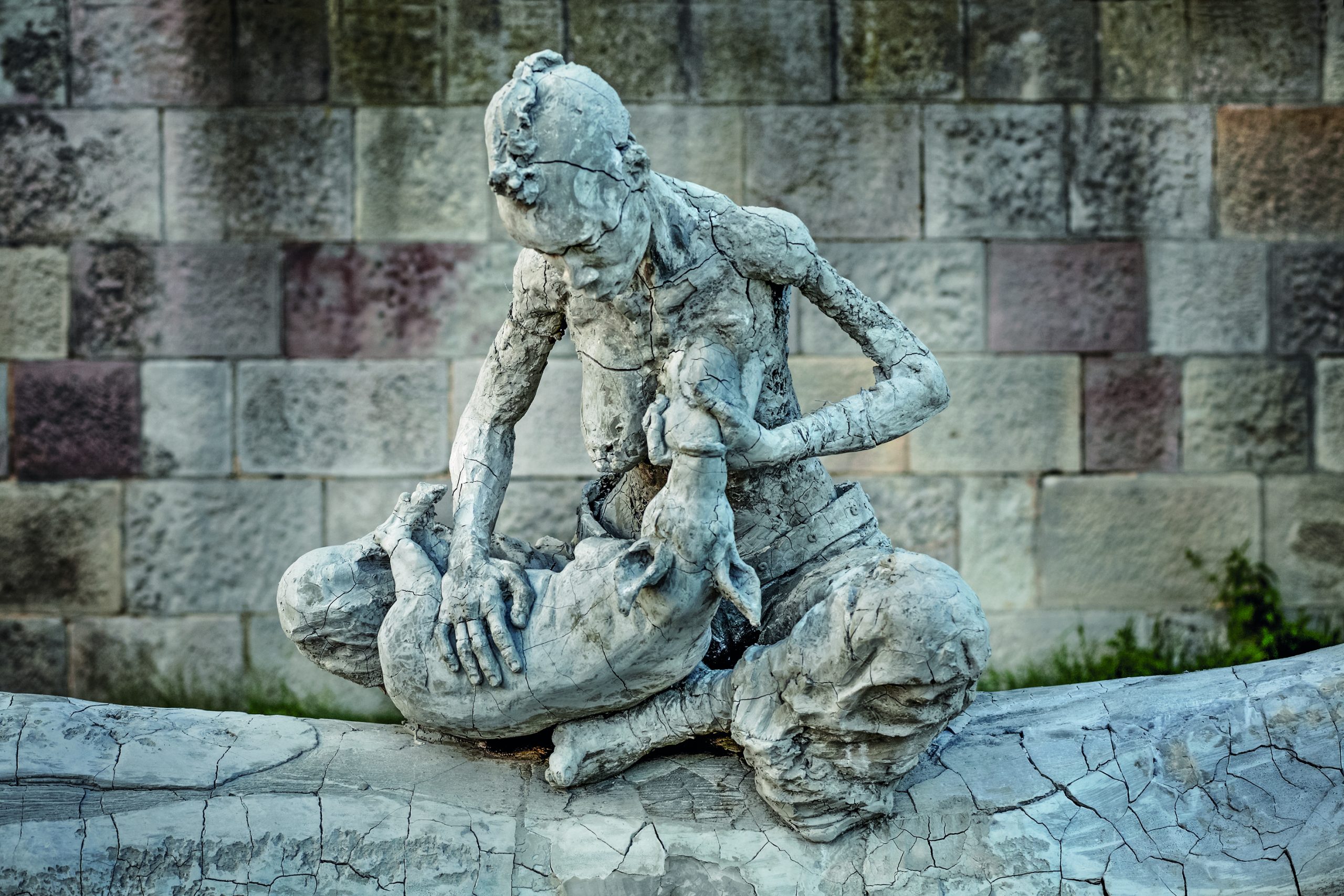Villar Rojas deploys his project transversally to the chrononormative order: he generates porous fabrics that seek to rethink human history(s) in a retrospective and projective way at the same time. Thus, he attempts to destabilize the linear time that pushes bodies and things towards the productive and capitalist space, proposing an alternative framework of thoughts located in and with the people, cities and institutions that summon him.
Villar Rojas’ methodology is closely linked to his nomadic life and the possibility of collectivizing doing, exploring in prolonged stays with his group of collaborators the potential of an above all territorial and human experience. Of that immersive time, irrecoverable in its complexity, there will remain a material testimony, always precarious and insufficient: the exhibition.
Seeking to denature the hierarchies that stratify work in the artistic field (and, as a mirror, in society), he conceives part of his practice as housekeeping, a term that designates cleaning and domestic maintenance tasks as invisible activities that allow the development of other lives and jobs that are symbolically more “valuable.” In this way, his production is presented as a platform for political transformation of the Capitalocene. Villar Rojas assumes the commitment to build chrono-topo-specific experiences and processes, providing other ways of coexisting on our planet.
In his work, time is a force that shapes, modifies or reintegrates things into the environment they inhabit. His designed worlds, in exchange with a variety of human and non-human, organic and inorganic agents, enter into material and critical interdependence with their contexts. Thus, the artist deconstructs the ontological difference between work and space, between art and life, while he reveals that the only possible project is disappearance.


 Villas Rojas Adrián
Villas Rojas Adrián